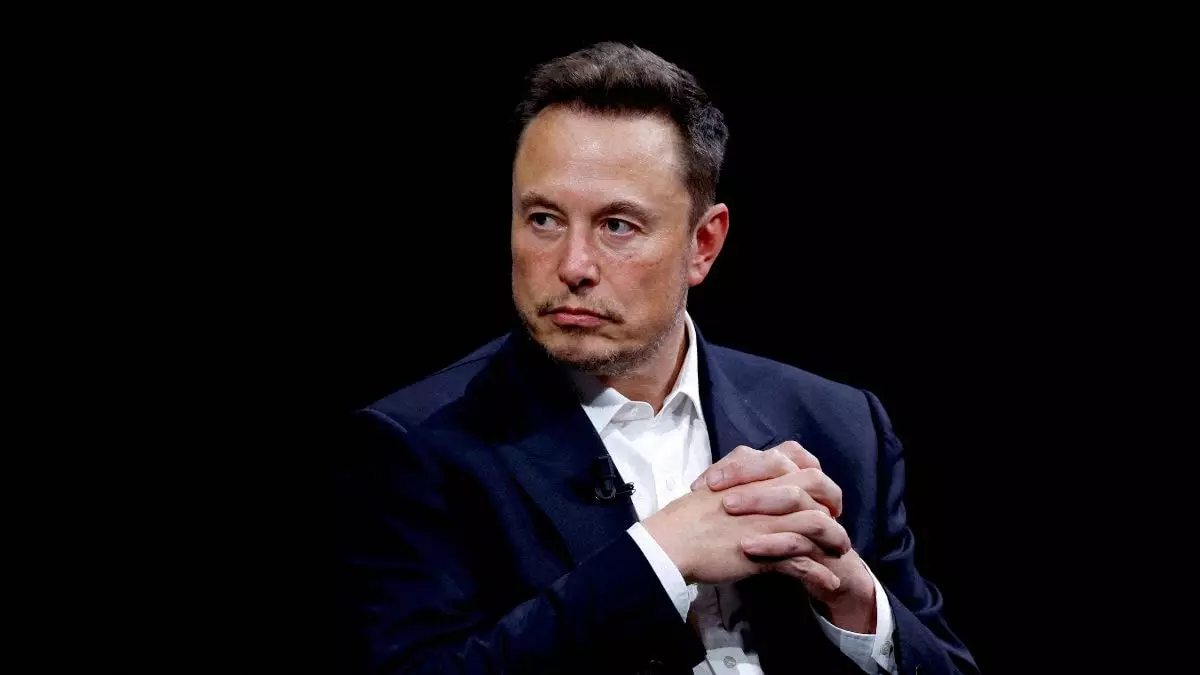Elon Musk has recently revealed plans for his AI company, xAI, to venture into the world of gaming by establishing an artificial intelligence game studio. This announcement, made through a post on social media platform X, underlines Musk’s critique of the gaming industry, specifically targeting the increasing consolidation of game studios by large corporate entities. His dissatisfaction with corporate ownership in gaming indicates a desire for a more independent and innovative gaming culture, reflecting the preferences of many gamers who favor creativity over corporate interests.
The billionaire entrepreneur’s connection with the gaming world is not entirely new. Musk has previously shared his gaming experiences, such as live-streaming his sessions of popular titles like Diablo 4. His enthusiasm for gaming, however, transcends mere play; it embodies a deeper engagement with the gaming community and a recognition of the challenges they face. In a recent interaction with software engineer Billy Markus, co-creator of Dogecoin, Musk responded to critiques regarding corporate influences in gaming, emphasizing the need to liberate creative potential from the clutches of major corporations.
The Call for Independent Gaming
Markus’s criticisms about “ideologically captured” gaming spaces resonate with a growing sentiment among gamers who often find themselves disillusioned by mainstream studios drowning in corporate agendas. His assertion that most engaging games of recent years have come from smaller, independent studios plays into Musk’s vision. By initiating an AI-centric game studio through xAI, Musk aims to reintroduce a level of creativity and innovation that he believes has been stifled by corporate control. His intent is to “make games great again,” an audacious statement that hints at a transformative agenda for the gaming landscape.
The capabilities of artificial intelligence in the gaming sector have sparked considerable interest, with companies like Google DeepMind already exploring this frontier. Models such as Genie, which can autonomously create 2D platformer games, showcase how AI can significantly enhance the genre landscape. Similarly, the introduction of the Scalable Instructable Multiworld Agent (SIMA) furthers this vision by enabling AI interactions in 3D environments. Musk’s initiative to leverage AI in gaming could fundamentally reshape how games are developed and experienced, bringing forth a new wave of personalized and engaging gameplay.
The corporate consolidation within the gaming industry is escalating, with significant acquisitions shaping the competitive landscape. Reports have emerged of Sony’s plans to acquire Kadokawa, while Microsoft’s purchase of Activision Blizzard has raised eyebrows regarding monopolistic tendencies in the market. Amidst these developments, Musk’s aspirations for xAI appear more ambitious, suggesting a desire to carve out a niche that counters the trend of corporate ownership.
As Musk plans to launch a standalone AI application akin to ChatGPT, it suggests that his vision for xAI encompasses both gaming and broader AI applications. With a forthcoming AI game studio, Musk seems determined to disrupt the status quo of the gaming industry. By championing independent gaming and innovative uses of AI, he could forge a future where creativity reigns unchallenged, thus inviting gamers back into a space that feels more authentic and less encumbered by corporate clout.


Leave a Reply